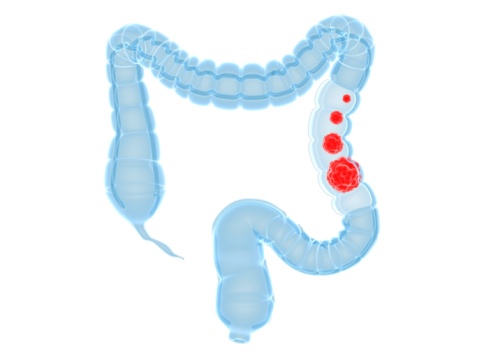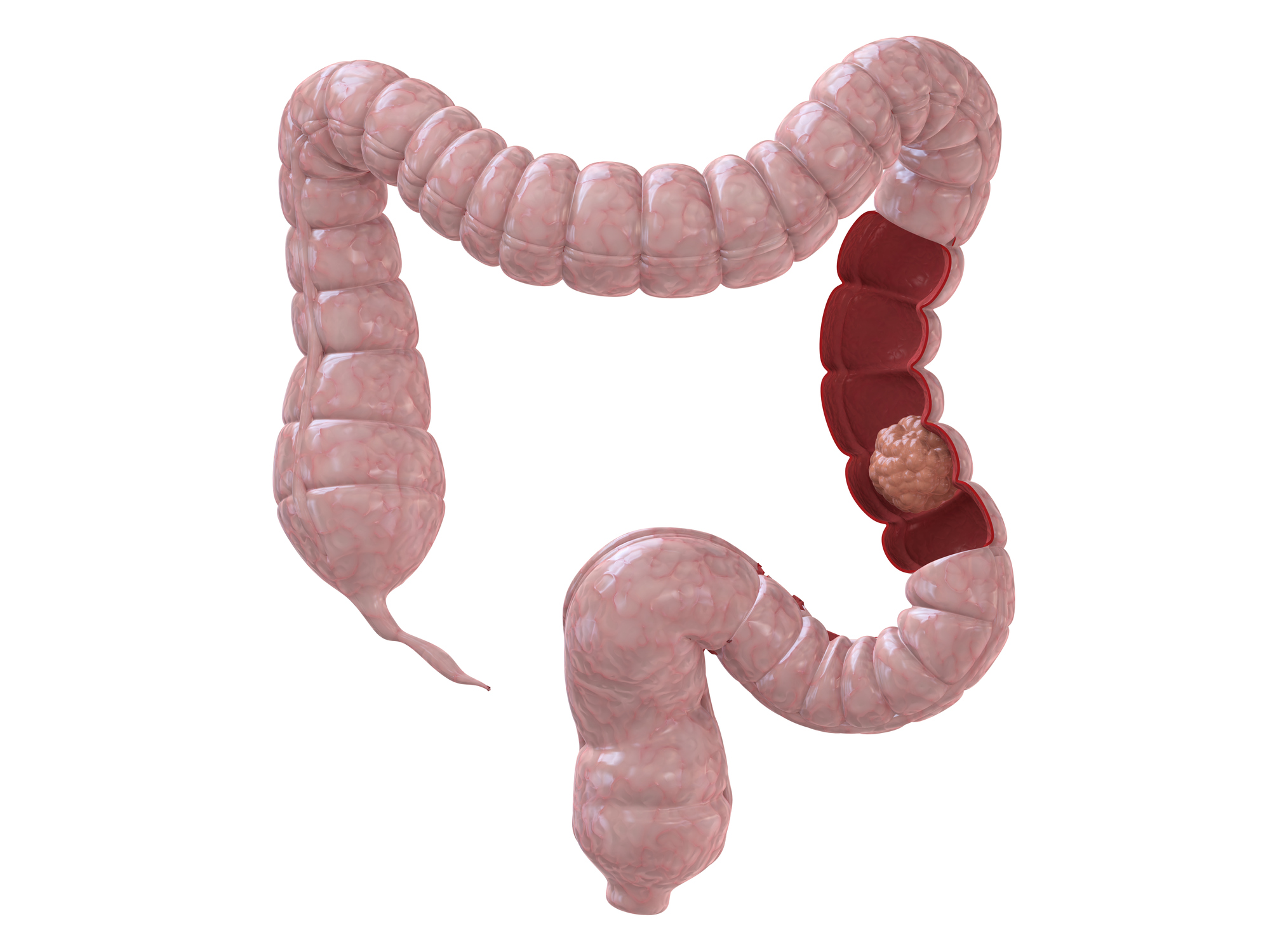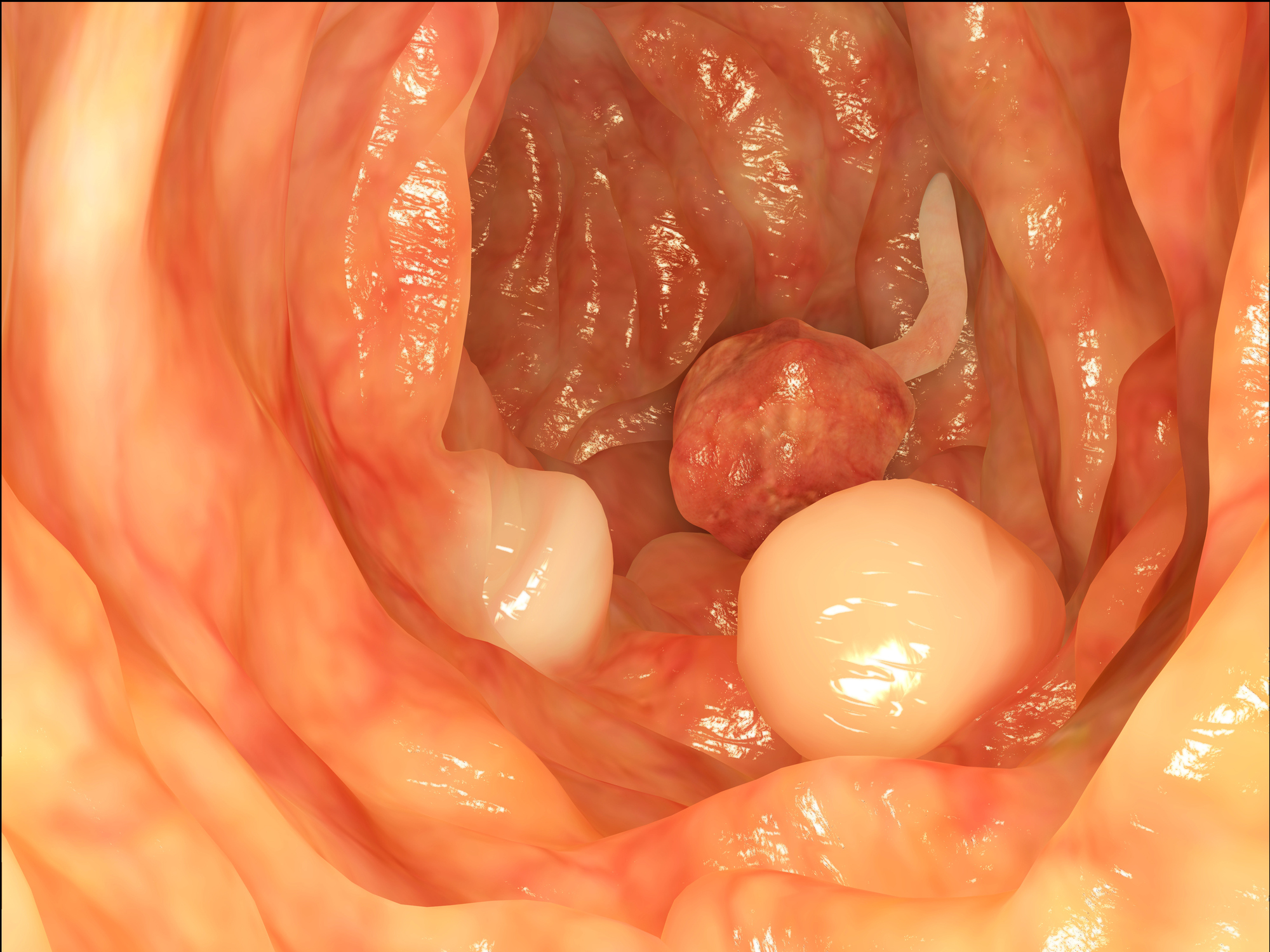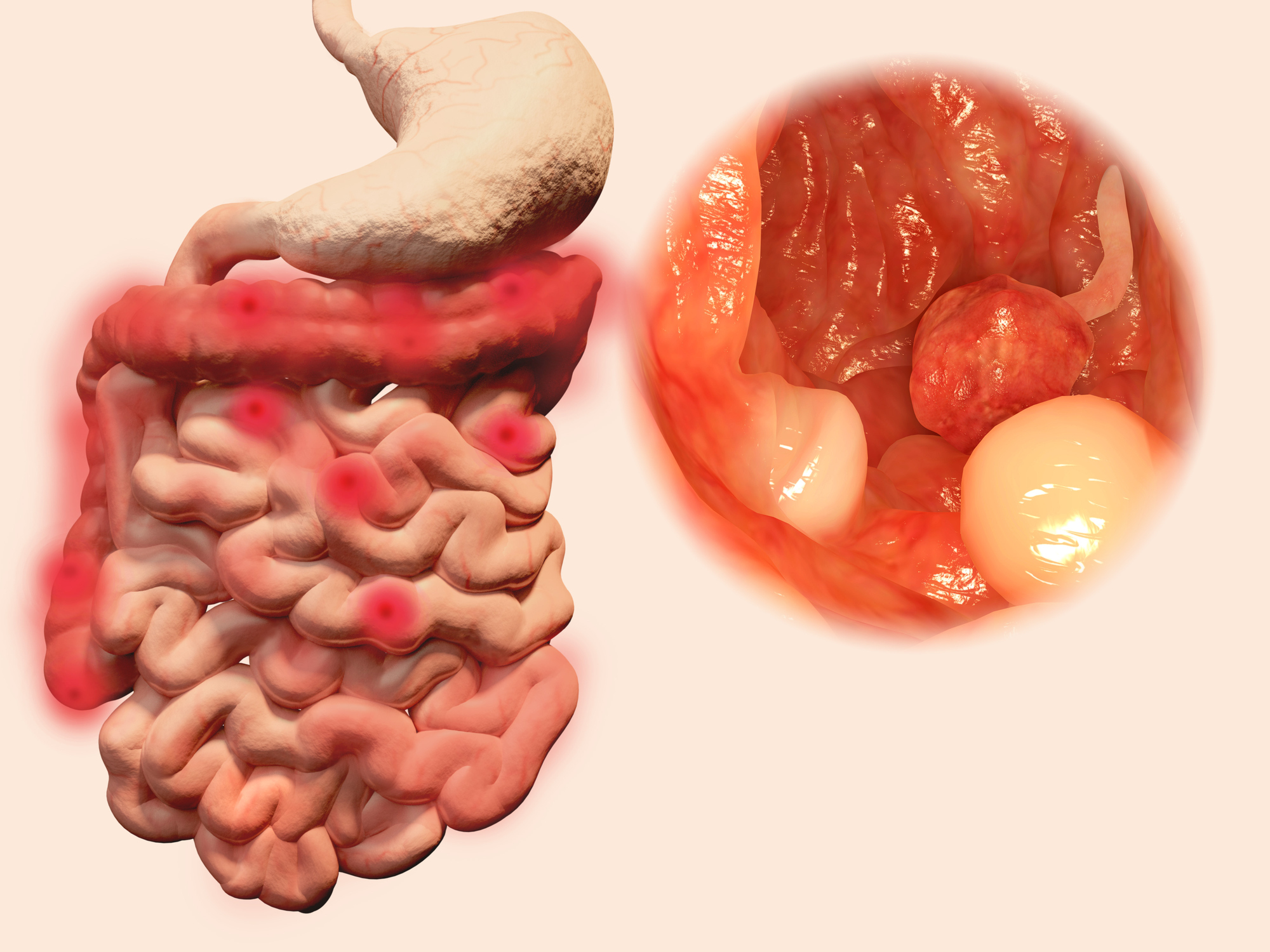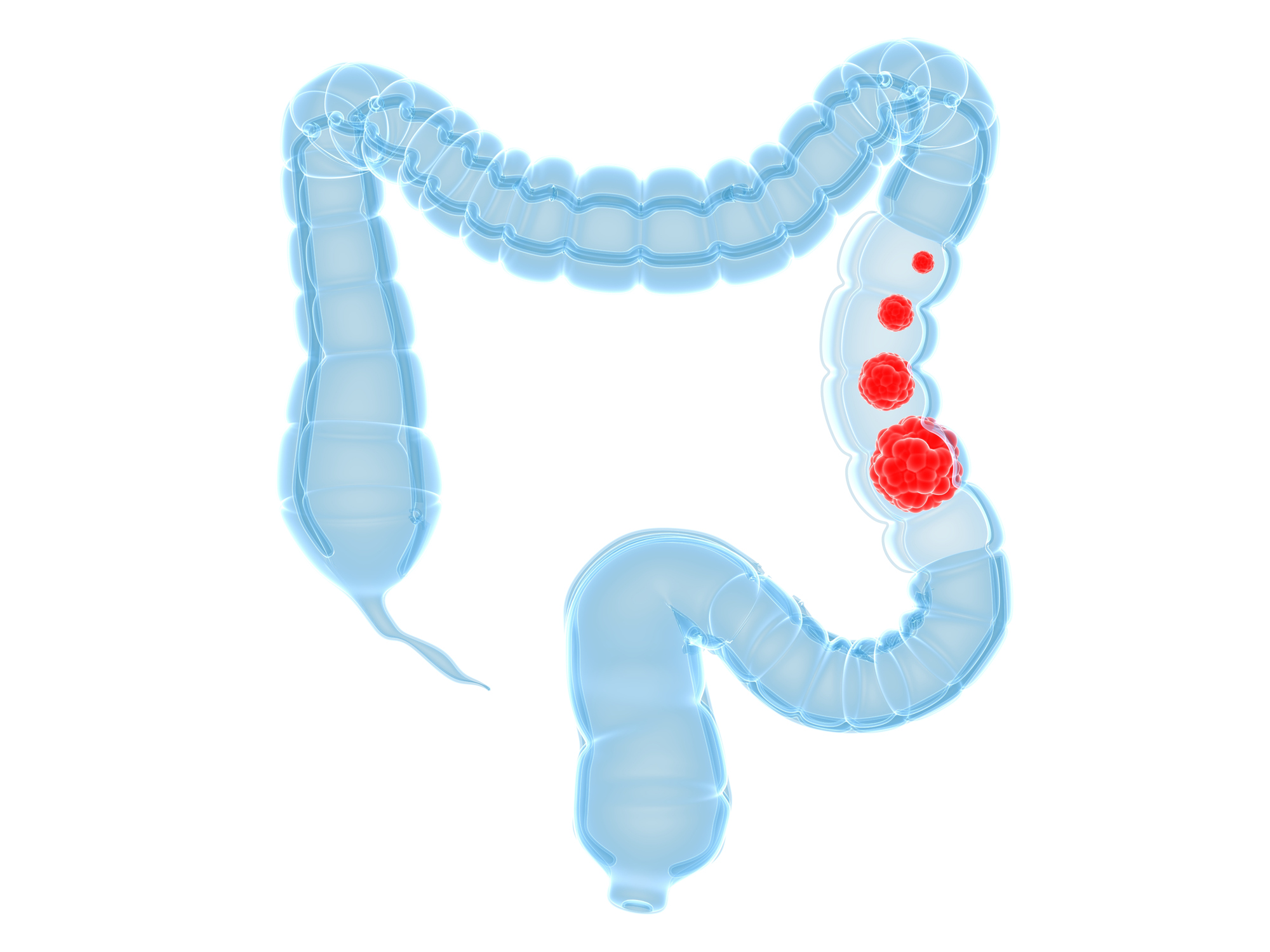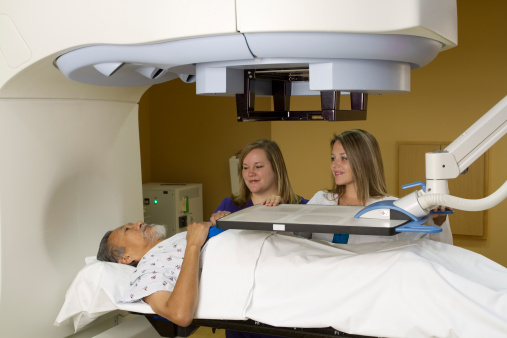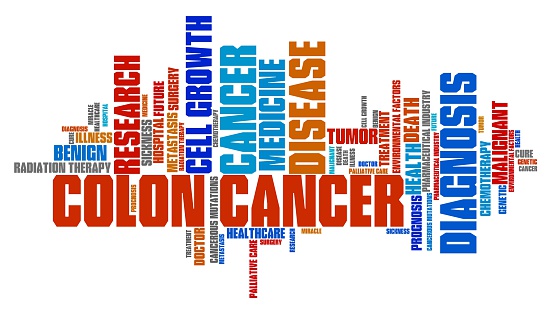Colon cancer recurrence associated with diabetes, high blood pressure: Study
Colon cancer recurrence is associated with diabetes and high blood pressure, according to research. In a retrospective study looking at 36,000 colon cancer patients, the researchers found that early diabetes and high blood pressure increased the risk of colon cancer recurrence and mortality, compared to patients without either condition. Senior study author Nestor Esnaola said, ...click here to read more



